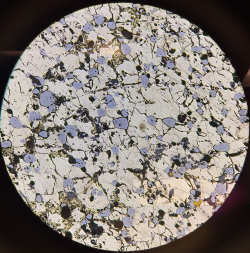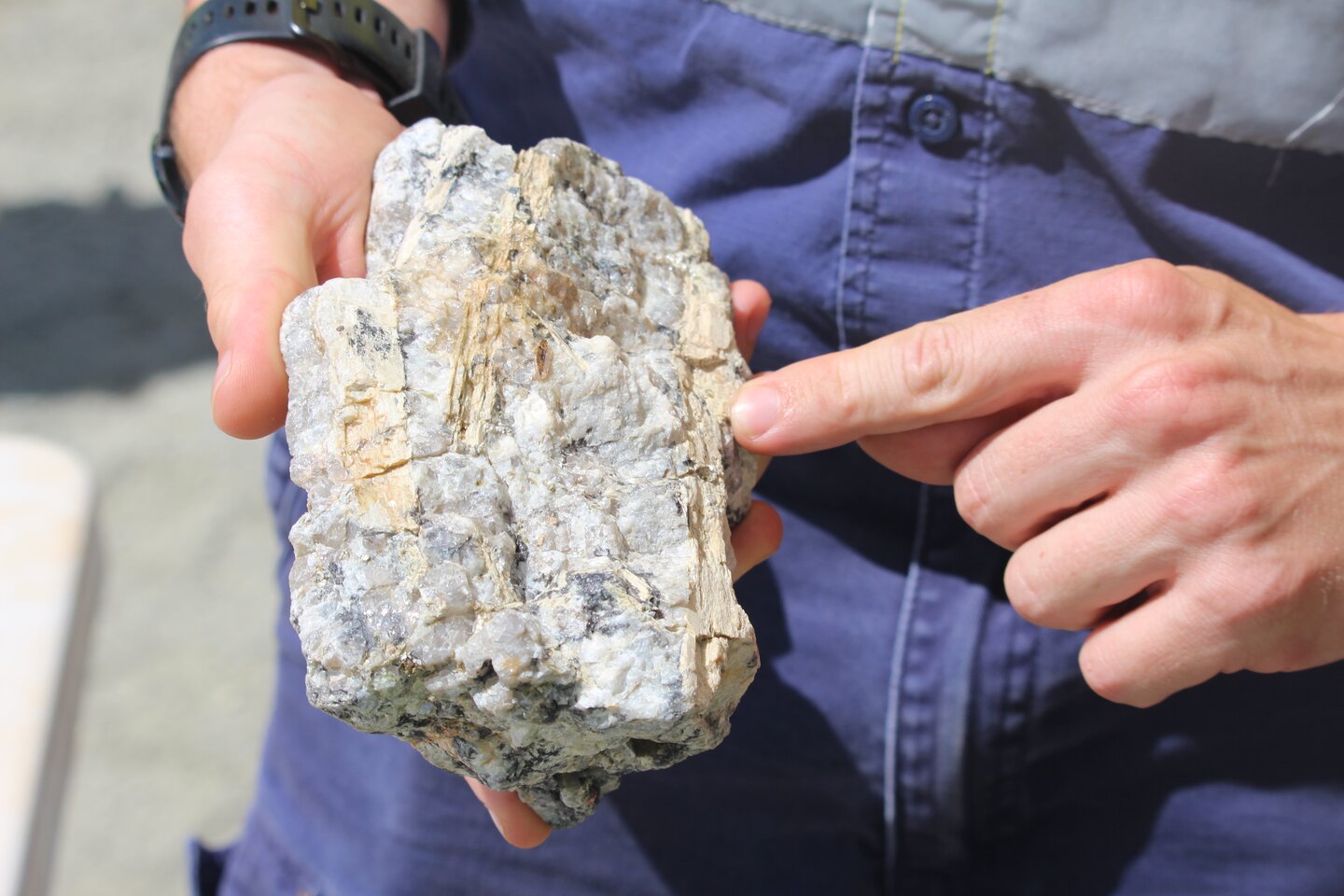Deep sleep washes away waste that builds up in the brain while it’s awake and now, thanks to a new study in mice, we know how.
The glymphatic system circulates cerebrospinal fluid in the brain and spinal cord to help remove protein waste, such as amyloid and tau which form plaques linked to neurological disorders. It also plays an important role in maintaining water balance in the brain, immune cell transport, and the delivery of glucose.
“It’s like turning on the dishwasher before you go to bed and waking up with a clean brain,” says Maiken Nedergaard of theUniversity of Rochester in the US and the University of Copenhagen, Denmark.
“We’re essentially asking what drives this process and trying to define restorative sleep based on glymphatic clearance.”
According to the new paper, which has been published in the journal Cell, a molecule known as norepinephrine plays a key role in this process.
Nedergaard and collaborators found that during deep sleep (non-rapid eye movement, NREM) mice’s brain stems released waves of norepinephrine roughly every 50 seconds. This caused slow, rhythmic constriction and dilation of blood vessels in the brain that generated a flow in the surrounding cerebrospinal fluid.
“You can view norepinephrine as this conductor of an orchestra,” says Natalie Hauglund of the University of Copenhagen and the University of Oxford, UK, lead author of the paper.
“There’s a harmony in the constriction and dilation of the arteries which then drives the cerebrospinal fluid through the brain to remove the waste products.”
The results of the study reinforce previous research that identified sleep as a key driver of glymphatic flow in the rodent and human brain.
However, when the team gave the mice zolpidem (Ambien), a common sleep aid, they found that norepinephrine waves during deep sleep decreased by 50%, suppressing glymphatic flow.
“Our new study indicates that while zolpidem reduces the latency to sleep, it interferes with normal sleep architecture and suppresses glymphatic flow in mice,” the authors write in their study.
With more and more people using sleep medications, Hauglund says it’s important to know if the sleep they’re getting is healthy.
“If people aren’t getting the full benefits of sleep, they should be aware of that so they can make informed decisions,” she says.
“Now we know norepinephrine is driving the cleaning of the brain, we may figure out how to get people a long and restorative sleep,” adds Nedergaard.
The findings may also offer insights into how poor sleep might contribute to neurological disorders like Alzheimer’s disease. However, future studies are needed to investigate how they translate to human physiology.









Leave a Comment